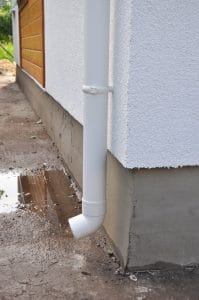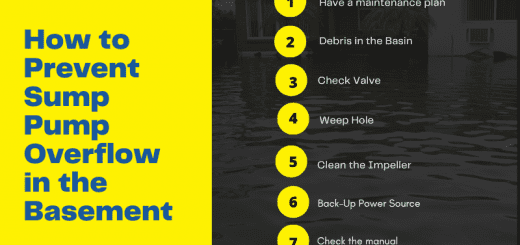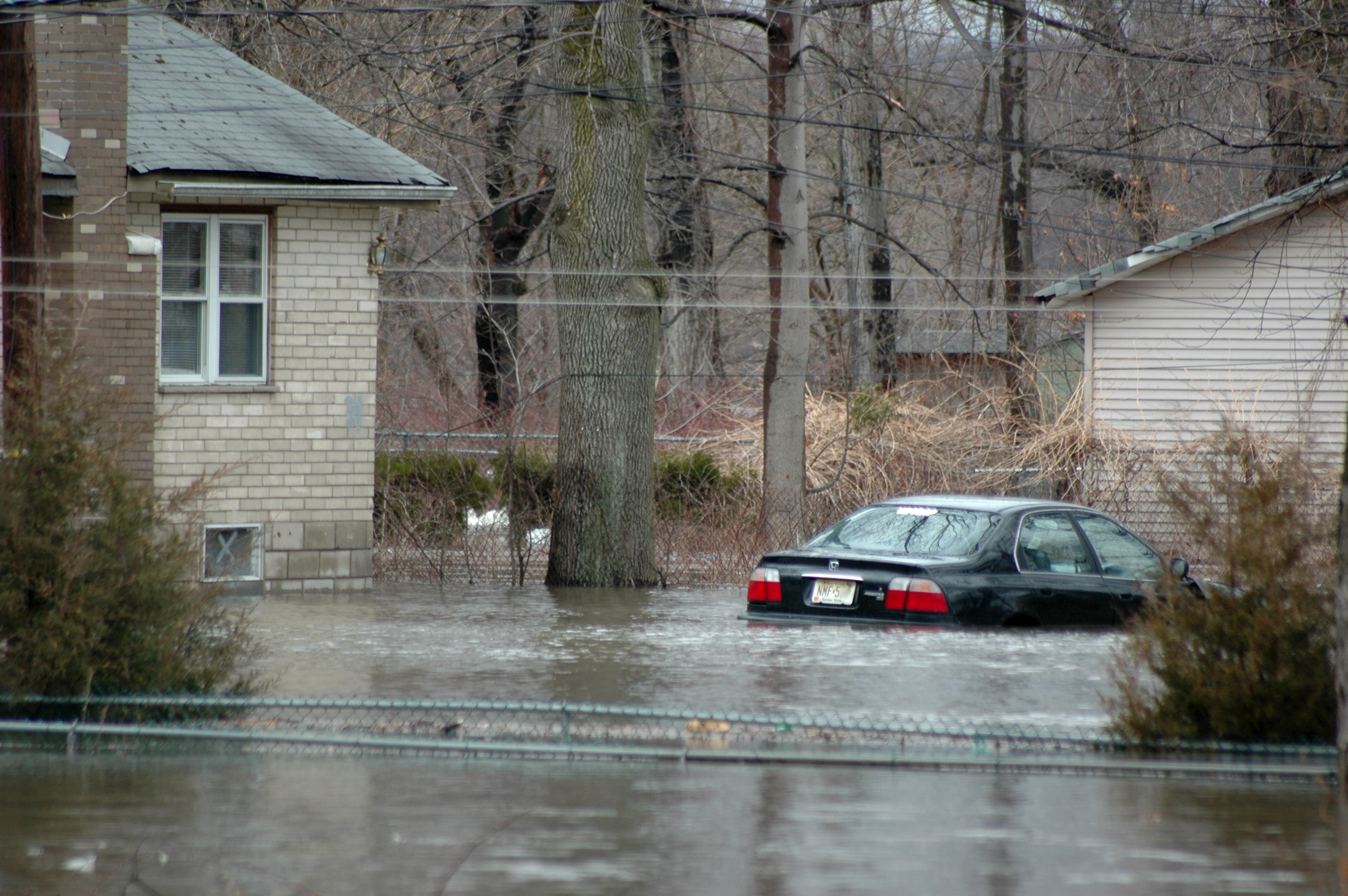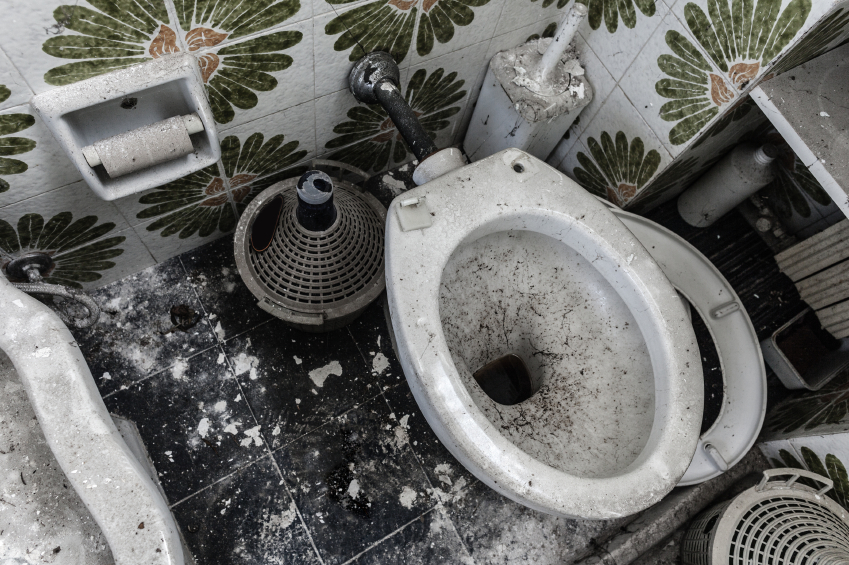Prevent your Basement from Flooding with These Landscaping Tips
If you experience basement flooding in your home on a frequent basis, then your landscaping may be one of the reasons why. When water accumulates outside of your home, there are several ways that it can travel toward the building and leak into your basement. Water is more likely to leak into your home if the grading of the yard slopes towards the home and if there are few obstacles in the yard blocking its path. This can leadLead is a heavy metal that can be toxic to humans, especiall... More to serious water damage that jeopardizes your home’s foundation. When your home has water damage, there can be costly repairs to make and pay for in addition to potential moldMold is a type of fungus that grows in damp or humid conditi... More growth. Fortunately, there are things you can do that concern your landscaping and mulching to prevent a flooded basement.
Improve Your Landscape’s Grading
When your landscape runs toward the structureStructure refers to the framework or components of a buildin... More of your home, there is a greater chance for water to leak into the basement. As such, tree care experts suggest that you make sure your home landscape slopes away from the building to prevent water from moving towards the foundation. Improving your landscape grading will limit the potential for water to enter your basement or cause foundation damage.
There are several ways you can fix the grading of the landscape around your home. One way is to create a dry creek around your house, and then fill it with gravel and river rocks. This creek will direct water away from your home while keeping the landscape dry. You can also pack more soil onto the ground around the home’s foundation to make it higher than the rest of the yard.
Examine Your Downspouts

Proper positioning of your down spouts can help prevent floodingFlooding is the overflow or accumulation of water in areas t... More in your basement by directing water away from your house
If you find that water leaks into your basement when it rains, then one cause of this may be your downspouts not directing water far enough away from your home. Downspouts that are clogged with dirt and other debris can also cause water to overflow and go into your basement.
To solve this problem, make sure that your downspouts direct water at least 20 feet away from your home. If you find that they don’t, then you should consider getting the downspouts extended. This would ensure that the water gets drained far enough away from your home, reducing the risk of water from the downspouts leaking into the basement. Additionally, check your gutters every season and remove any debris that has clogged them so that water can pass through. This Autumn, after most leaves have fallen, is a perfect opportunity to clean and make sure there are not leaves and twigs clogging your gutters and downspouts.
Include Grass and Native Plants in Landscaping
A natural way to prevent erosion is to plant grass and native indigenous plants in your yard. Grass, in particular, acts as a good barrier for excessive rain. These plants will let rainwater drain more easily, and their familiarity with the climate and landscape makes it so that they’re able to prevent excess water from flowing toward your home. Instead, the water will be absorbed by the grass, native plants, and the soil.
Use Mulch Correctly
Moisture that gets trapped in mulch can affect your home if the mulch is up against the foundation. When this happens, it can leadLead is a heavy metal that can be toxic to humans, especiall... More to rotting that causes your home’s siding to deteriorate. Additionally, such deterioration makes your home more susceptible to a leaky basement and, as a result, water damage. To prevent this from occurring, make sure there are at least 4 to 6 inches between the mulch and your home’s foundation. You should never lay patches of mulch that make contact with the foundation of your home.
Improper landscaping is one potential cause of frequent floodingFlooding is the overflow or accumulation of water in areas t... More in your basement. If your basement floods often, you can help prevent such situations from occurring by following these preventative landscaping tips. However, if you do find that your basement has become flooded, then you should contact a professional water damage restoration company.
It’s crucial that you seek help immediately for water damage because the damage will worsen the longer you wait. In fact, moldMold is a type of fungus that grows in damp or humid conditi... More growth can begin within 24 hours of the damage, giving you potential health concerns to worry about in addition to the property damage. A water damage restorationWater damage restoration is the professional process of clea... More professional will assess the damage, determine a restorationRestoration is the process of returning a property to its pr... More plan, address the water damage, and take care of any moldMold is a type of fungus that grows in damp or humid conditi... More growth.












